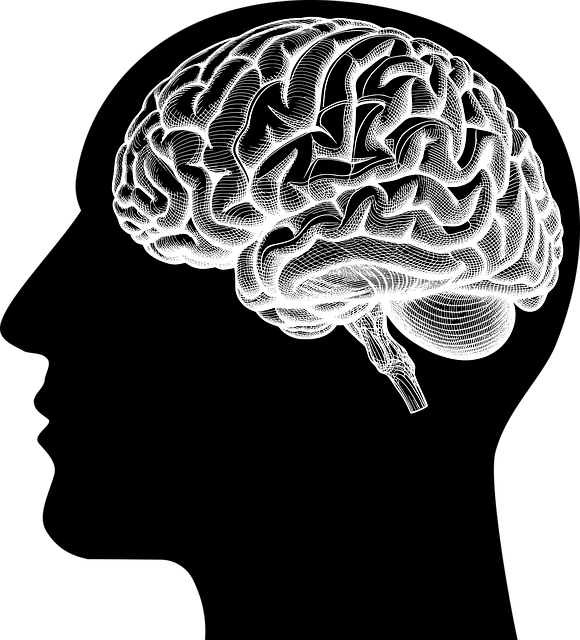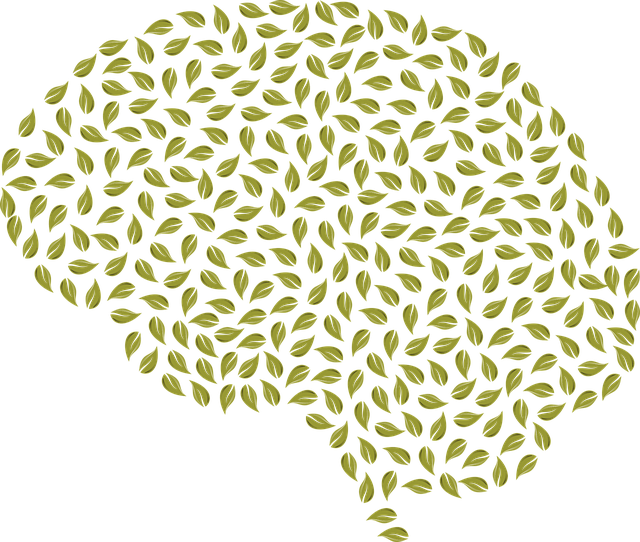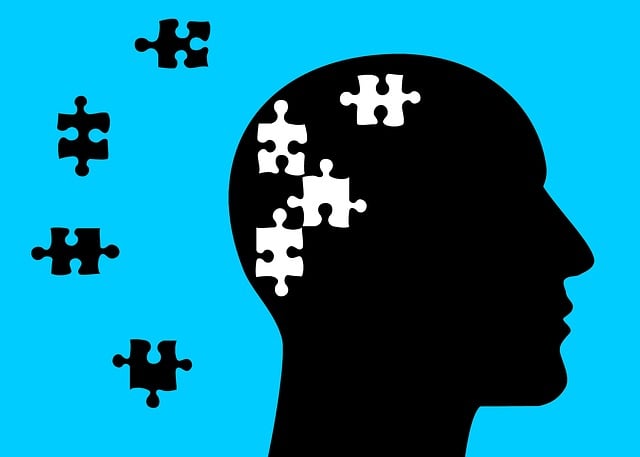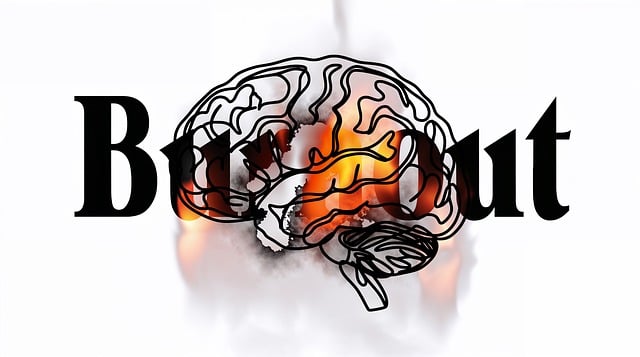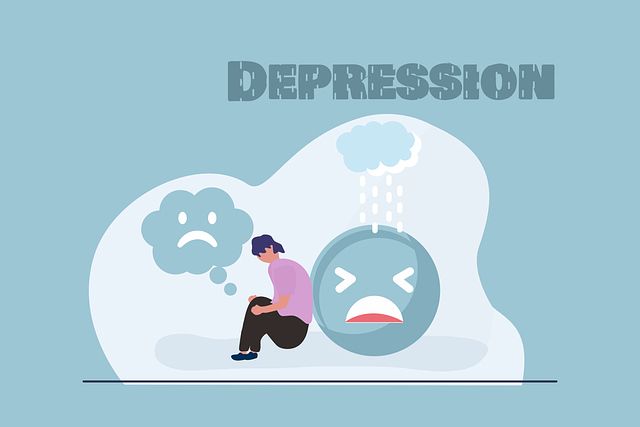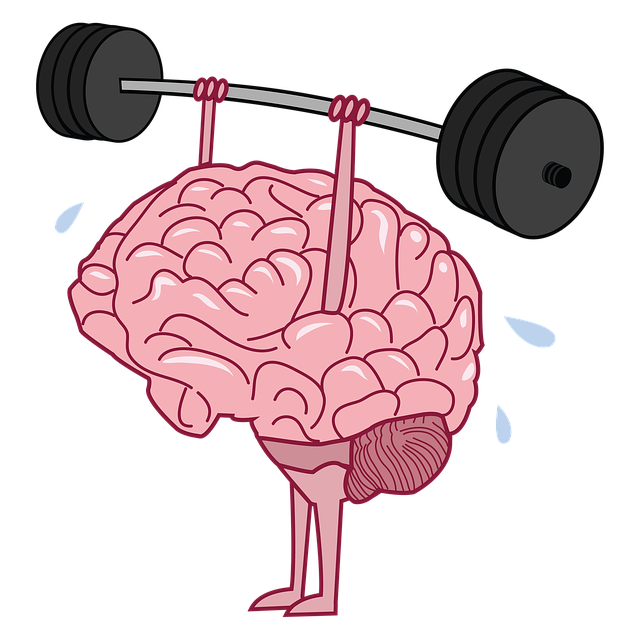Stress management is vital for elderly individuals with neuro disorders, addressing unique challenges like cognitive impairments and adapting to routines. Caregivers and healthcare professionals must recognize subtle stress signs, employing tailored methods such as guided imagery, gentle yoga, and improved communication strategies. Effective techniques include mindfulness meditation, light physical activities, trauma support services, and mental wellness podcasts. Therapy, particularly CBT, empowers seniors with healthier coping mechanisms, enhancing quality of life and overall resilience through a holistic, culturally competent approach.
Stress management is a vital aspect of caring for elderly individuals, especially those with neuro disorders. This article explores effective strategies to combat stress among the aging population, focusing on tailored approaches for their unique needs. We delve into the profound impact of chronic stress on cognitive function and overall well-being, highlighting the importance of early intervention. Through understanding the root causes, we present therapeutic techniques and adaptive coping mechanisms that can transform lives. By integrating these practices, caregivers and therapists enable elders to navigate life’s challenges with resilience and improved mental health.
- Understanding Stress and Its Impact on Elders with Neuro Disorders
- Effective Stress Management Techniques for Elderly Individuals
- The Role of Therapy in Teaching Adaptable Stress Coping Strategies
Understanding Stress and Its Impact on Elders with Neuro Disorders

Understanding stress is a crucial first step when considering therapy for elders with neuro disorders. As individuals age and cope with chronic conditions or cognitive impairments, they often face unique stressors that can significantly impact their overall well-being. Stressors such as adapting to new routines, managing symptoms, or navigating communication challenges can lead to increased anxiety, depression, and even burnout. Elders might struggle to express these feelings, making it essential for caregivers and healthcare professionals to be vigilant.
Recognizing the signs of stress in this population is vital to implementing effective stress reduction methods. This may involve adapting traditional relaxation techniques to suit their needs, such as guided imagery or gentle yoga tailored to their physical abilities. Additionally, focusing on communication strategies can help them articulate their experiences and emotions more effectively. By understanding and addressing these unique stressors, caregivers and therapists can empower elders with neuro disorders to develop healthier coping mechanisms, enhancing their quality of life and overall resilience.
Effective Stress Management Techniques for Elderly Individuals

Effective stress management is crucial for maintaining mental wellness among elderly individuals, especially those dealing with neuro disorders. Simple yet powerful techniques can significantly enhance their quality of life. Mindfulness meditation, for instance, has been shown to reduce anxiety and improve cognitive function in older adults. Regular practice encourages a focused present moment, allowing them to let go of stressful thoughts and worries.
Additionally, engaging in light physical activities tailored to their abilities, such as gentle yoga or walking, can be profound stress relievers. These activities not only promote overall fitness but also provide an opportunity for social interaction, which is vital for combating loneliness and isolation—common issues among the elderly. Trauma support services and mental wellness podcast series production can further cater to specific needs, offering guidance and a sense of community. Remember, effective stress management for seniors involves a holistic approach that considers their unique circumstances and preferences.
The Role of Therapy in Teaching Adaptable Stress Coping Strategies

Therapy plays a pivotal role in teaching adaptable stress coping strategies, especially for elders with neuro disorders. Through tailored interventions, mental health professionals can empower individuals to navigate stressful situations effectively. Cognitive-behavioral therapy (CBT), for instance, focuses on identifying and modifying negative thought patterns that contribute to stress. This approach helps clients develop healthier perspectives and more adaptive behaviors in response to challenging circumstances.
Incorporating communication strategies is integral to the process, as it enhances understanding and management of symptoms. Healthcare providers with cultural competency training are better equipped to address unique needs, ensuring personalized care. By fostering Mental Health Awareness, therapy equips elders with tools to recognize early signs of stress, seek support, and implement coping mechanisms tailored to their specific circumstances, thereby improving overall well-being.
Stress management is a vital aspect of caring for elders with neuro disorders, and therapy plays a crucial role in teaching adaptable coping strategies. By understanding the unique stress responses of these individuals, we can implement effective techniques to enhance their well-being. Through tailored therapy sessions, elders can learn to navigate stressful situations, fostering resilience and improving their overall quality of life. This holistic approach ensures they receive the necessary support to manage stress, promoting a more peaceful and fulfilling existence.

